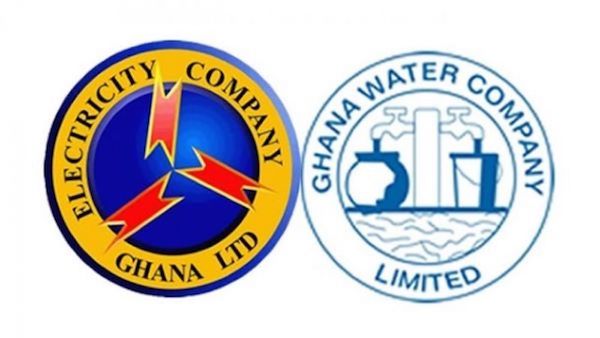The Public Utilities Regulatory Commission (PURC) has announced adjustments to electricity and water tariffs in Ghana, effective from July 1 to September 30, 2024.
These changes include a 3.45% increase in electricity tariffs for lifeline consumers (those using 0-30 kWh), and a 5.84% increase for all other residential consumers and non-residential categories (those using 31 kWh and above).
In a statement signed by Executive Secretary Dr. Ishmael Ackah on Friday, May 31, the PURC detailed that industrial category consumers will face a 4.92% increase in electricity tariffs. This adjustment is part of the Commission’s periodic review aimed at ensuring the sustainability and efficiency of utility services.
Additionally, the PURC has indicated that water tariffs will see a 5.16% increase for all customer classes during the same period. These changes are intended to reflect the rising costs associated with utility provision and to maintain service standards for consumers across the country.
Announcement of Electricity and Water tariffs in Ghana by the Public Utilities Regulatory Commission (PURC)
The Public Utilities Regulatory Commission wishes to inform consumers of Electricity and Water that, there has been a review of the existing tariffs, to take effect from July 01, 2024, to September 30, 2024.
Having considered all the underlying factors, the Commission wishes to announce that, there will be 3.45% increase in electricity tariffs for lifeline consumers (0-30kWh); 5.84% increase for all other residential consumers who are not part of the lifeline category bracket (31 kWh and above) as well as the non-residential category.
The industrial category will experience an increase in electricity tariffs of 4.92%. Water Tariffs will experience an increase of 5.16% for all customer classes for the period under review.
These reviews have been undertaken in line with the Commission’s Quarterly Tariff Review Mechanism, which tracks and incorporates movements in key uncontrollable factors, namely the exchange rate between the US$ and the Ghana Cedi, domestic inflation rate, the electricity generation mix, and the cost of fuel, mainly natural gas.
These reviews are undertaken to maintain the real value of the tariffs, thereby keeping the utility service providers financially viable to enable them to deliver on their services to consumers.
The Commission, in undertaking this review also considered the competitiveness of industries and the general living conditions of the Ghanaian. – PURC.


